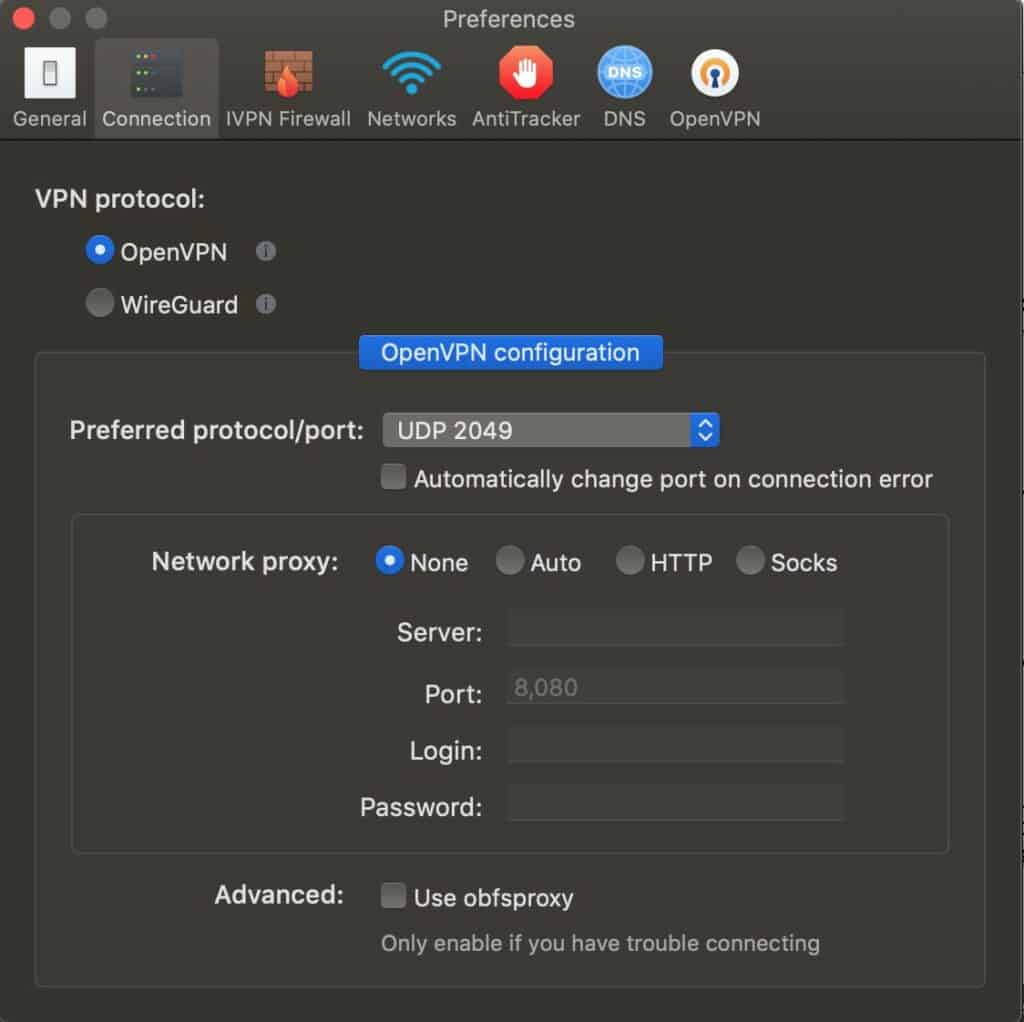

TIP: VPNs that don’t keep logs are very popular with torrenters, but not all VPNs allow torrenting on their network. We’ll then look at the logging policy of each provider in turn to reveal exactly what its approach is. We’ll also explain the significance of the location of VPN providers in terms of Five Eyes and 14 Eyes countries. In this guide, we’ll explain the different types of logs that might be kept by VPN providers and how they may be used. Before you choose a provider, you need to know exactly what information will be recorded and what it will or could be used for. If there’s one thing you should look out for in the privacy policy of a VPN, it’s the logging policy. What all of this means for users is that they might not be getting the privacy they’re hoping for. For instance, a provider might profit from advertisements placed on commonly visited websites. In some cases, logs are kept to support to a business model that requires the additional data. For example, bandwidth may be recorded if there is a cap per user per month. There are various reasons for keeping logs. These might include logs of websites visited (these are rare) or usage logs such as time connected to the VPN and the amount of bandwidth used. It makes sense that they don’t simply want to go from ISPs tracking them to another company doing the same.Īlthough it would be nice and simple if all VPNs simply kept no logs at all, the fact is that many do keep some records. Many users look to VPNs as a means to improve privacy and increase anonymity. Offering a logless service is often viewed as a key selling point. Almost every VPN provider you come across will have some type of claim regarding logs.


 0 kommentar(er)
0 kommentar(er)
